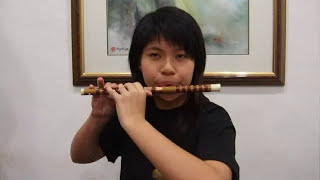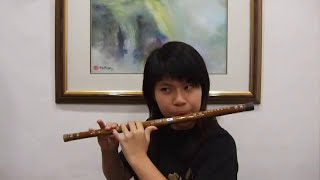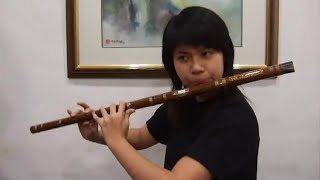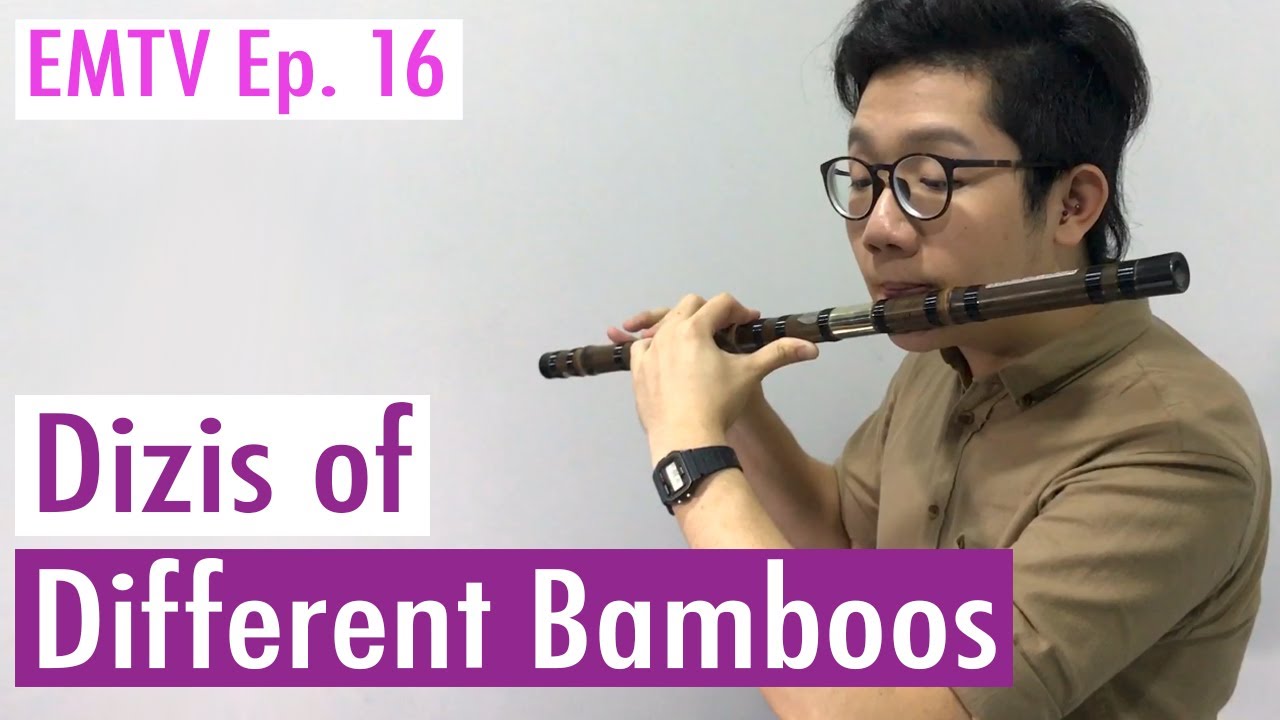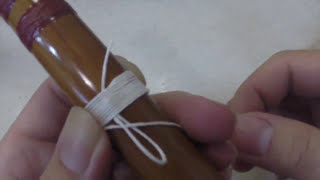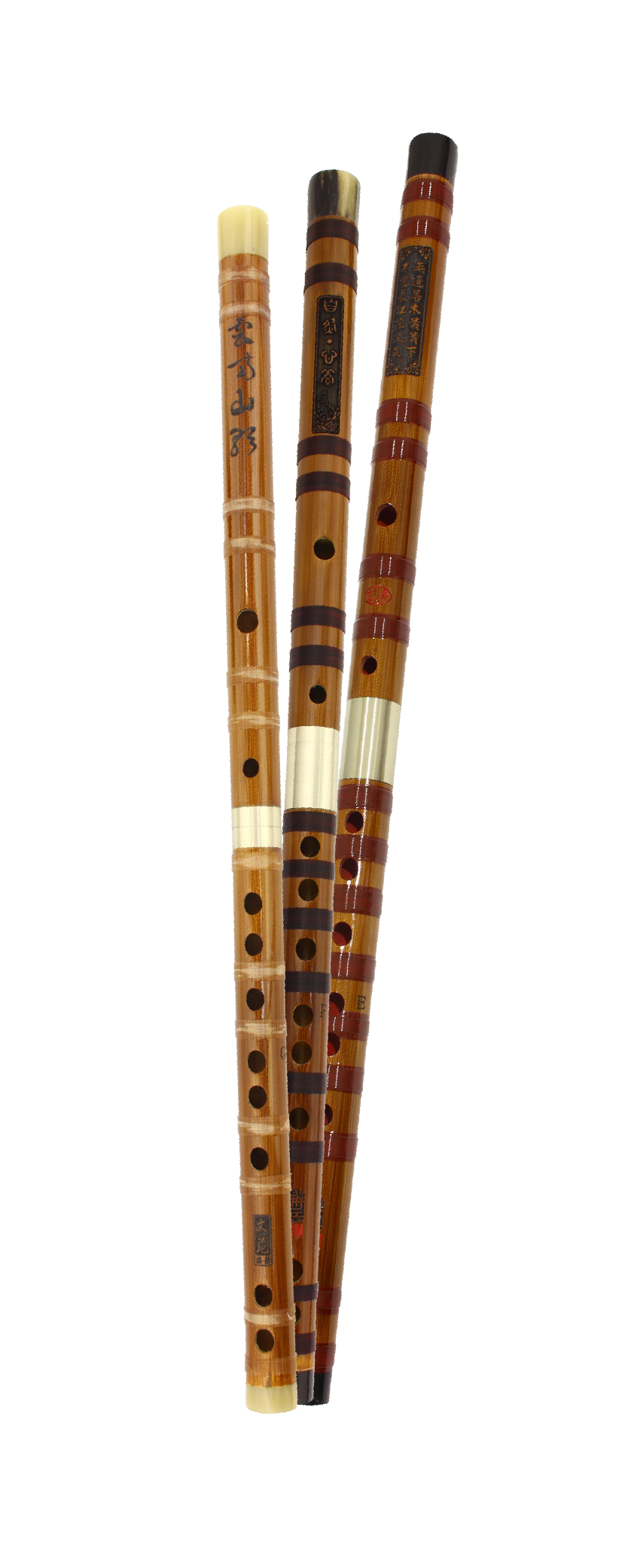
Dizi - Chinese Woodwind Instrument
Originally called the hengchui (literally “horizontal blow”), this bamboo flute was then renamed as the hengdi (“horizontal flute) and finally, the dizi. Popular since before the decline of the Three Kingdom, the Chinese dizi has a rich history of over 2000 years, and is one of China’s oldest and well-known instruments. It is usually known as a relatively small, convenient bamboo pipe that produces a distinctly clear and resonant sound, with a strong character.
Records have shown that during the Sui and Tang dynasties, the use of flutes by the masses were commonplace, and following the Song dynasty, the rise of flute and drum music contributed to the increasingly prominent standing of the dizi. Records also note the indispensable role of the dizi in the lives of the common man. Following the Ching Dynasty, the dizi’s importance was elevated through its use as accompaniment in folk music, as well as in musicals and operas.
While the dizi possesses a diverse set of techniques and a wide range of repertoire, there are certain inconveniences in playing as compared to the Western flute. It is difficult to switch from one key to the other, as it involves an actual swap of dizi to play notes not native to the previous dizi’s scale source.
The Chinese dizi is traditionally made of bamboo and consists of six finger holes, one blow hole and one hole for the dimo (a membrane derived from bamboo shoots). In order to create the instrument’s penetrative sound quality, dimo must be adhered. The dizi is sounded through the vibration of air columns within its body when blown.
Today, there are multiple types of dizis, including the bangdi and the qudi - two of the most common dizis used in the Chinese orchestra. Various bangdis and qudis possess differing keys; a musician typically owns many dizis of differing lengths and size, so as to allow him to play across many keys. Despite the presence of these drawbacks, the tone quality of the dizi is irreplacably evocative, and is able to touch the hearts of many.
WHAT'S THE DIFFERENCE BETWEEN BANGDI AND QUDI?
Bangdi (梆笛)
Qudi (曲笛)
Useful Articles
Buying Guide
Skills

